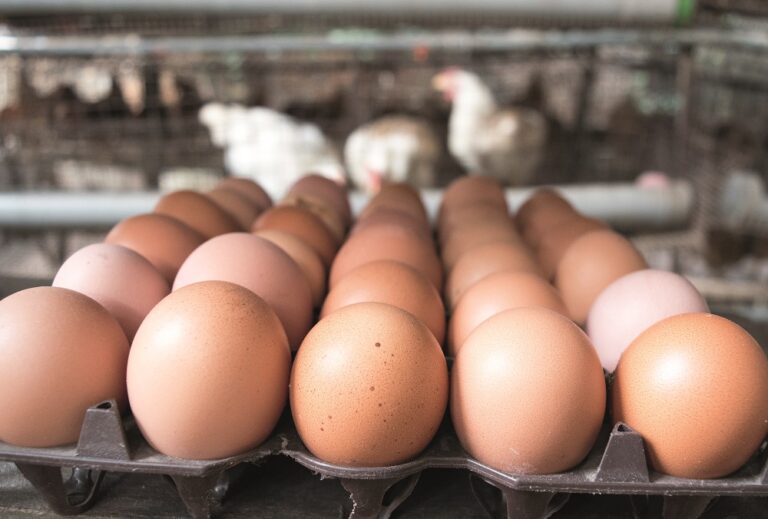A large new study with an updated meta-analysis published in the British Medical Journal has confirmed no link between eating an egg a day and risk of heart disease or stroke.
Researchers from the US combined the findings from three cohort studies which followed large groups of American health professionals for up to 32 years, and tested associations between regular egg consumption and cardiovascular outcomes. They then analysed findings from 28 separate observational studies to examine links between heart health and egg consumption worldwide.
The results showed that people who ate several eggs a week were no more likely to develop coronary heart disease or stroke compared with people who didn’t eat eggs. This finding held even when the researchers adjusted for age, lifestyle, and dietary factors.
In Asian populations, regular egg consumption was actually linked to a lower risk of cardiovascular disease. This was thought to be due to the fact that, in Asian cultures, eggs are typically included in a variety of different dishes whereas Western populations tend to eat them with less healthy foods – such as in fry ups.
A further analysis found no association with risk of cardiovascular disease among participants who consumed at least two eggs a day. In addition, eating eggs instead of full fat milk or red meat was associated with a lower risk of cardiovascular diseases.
The authors comment that this study is in line with most analyses conducted in other prospective US cohort studies and that conflicting findings from a recent US study could be attributable to lack of adjustment for other dietary confounders such as red meat and body mass index.
A finding in people with type 2 diabetes that eggs were positively associated with a slight increased risk of cardiovascular disease was dismissed as the study noted a large degree of variability between outcomes from different studies and that: “data from short term randomised interventions suggest that higher egg consumption has no deleterious impact on cardiovascular disease risk factors among people with diabetes”.
Dietitian, Dr Carrie Ruxton said: “The debate about eggs and cholesterol has continued for years, despite public bodies in the UK and elsewhere saying time and again that eating eggs doesn’t present a risk to blood cholesterol levels or cardiovascular risk.
“This study is a helpful addition to our knowledge because it confirms that eating seven eggs a week is not linked to heart disease or stroke. It also backs up evidence from intervention trials which show no impact of egg consumption on blood cholesterol levels.
“Given that eggs are rich in protein and nutrient-dense, providing one of the few dietary sources of vitamin D, it’s great that we can put people’s minds to rest.”

Previous ArticleLeaky vaccines can help prevent transmission of Marek’s disease, chicken study finds.
Next Article Marsdens appoints new game feed account managers
Chloe Ryan
Editor of Poultry Business, Chloe has spent the past decade writing about the food industry from farming, through manufacturing, retail and foodservice. When not working, dog walking and reading biographies are her favourite hobbies.

